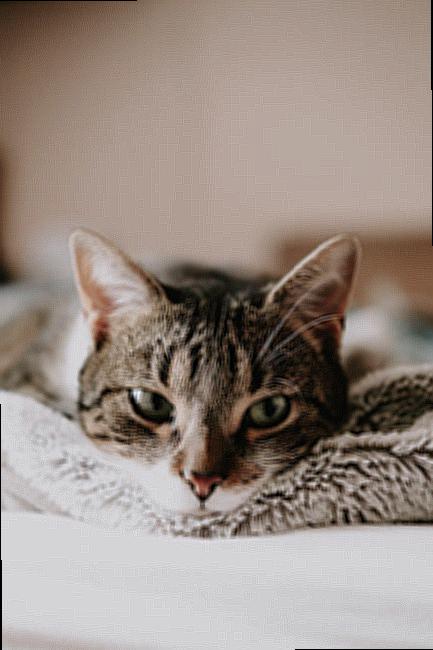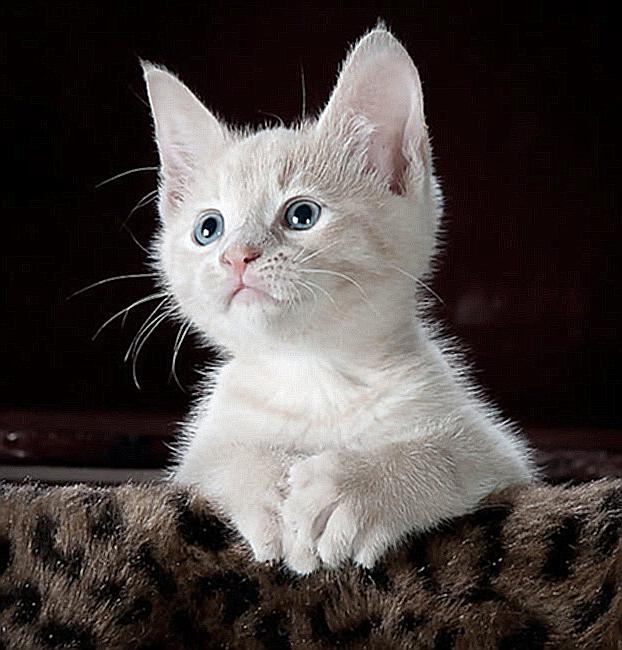
Cats’ responses to hunger are complex and varied, and they depend on the cat’s evolution and environment. Cats are obligate carnivores, meaning that they rely on a diet that consists almost exclusively of animal flesh, organs, and bones. Cats have evolved over millions of years to be effective predators, so they are naturally able to deal with hunger.
Cats hunt and scavenge in the wild to find food in the hopes of surviving. Cats will seek food even when they are hungry, because this behaviour is instinctive. Cats are also opportunistic feeders, meaning they will take advantage of any food source they can find even if it does not satisfy their nutritional requirements. Cats can survive on a scraps diet. Because cats are so adaptable, they can survive in a variety of environments while still finding food.
However, a cat that is not eating at all will begin to exhibit odd behaviors. If a cat isn’t getting enough food, it could become aggressive or withdraw it. It could become more aggressive, and it could even begin to steal food from other sources. Cats in this state can become territorial or aggressive by scratching furniture or chewing on items, for example. They can also begin to lose fur or develop skin diseases.
Hunger can also affect a cat’s immune system. If a cat isn’t getting enough food, its body will not be able to fight illnesses as well. A weakened immune system can make the cat more vulnerable to infections and disease.

Hunger can also cause a cat to be malnourished. A malnourished cat may be unable to perform basic tasks such as grooming and playing a game because of a lack of energy. Malnourishment can also make a cat become lethargic and apathetic.

It is important to feed your cat a balanced diet in order to ensure that it is getting the nutrients it needs. To remain healthy, cats need a variety of proteins, vitamins, and minerals, and it is important to have them in the correct amounts. If you’re unsure about what diet to feed your cat, consult with your veterinarian for assistance.
The effect of hunger on cats’ behaviours is largely dependent on their evolution and habitat. Cats can survive in the wild by hunting and scavenging for food. Cats will suffer from hunger in a domestic environment if they are not fed a balanced diet. It is important to consult with your veterinarian if your cat is showing abnormal behaviors or seems to be undernourished.

